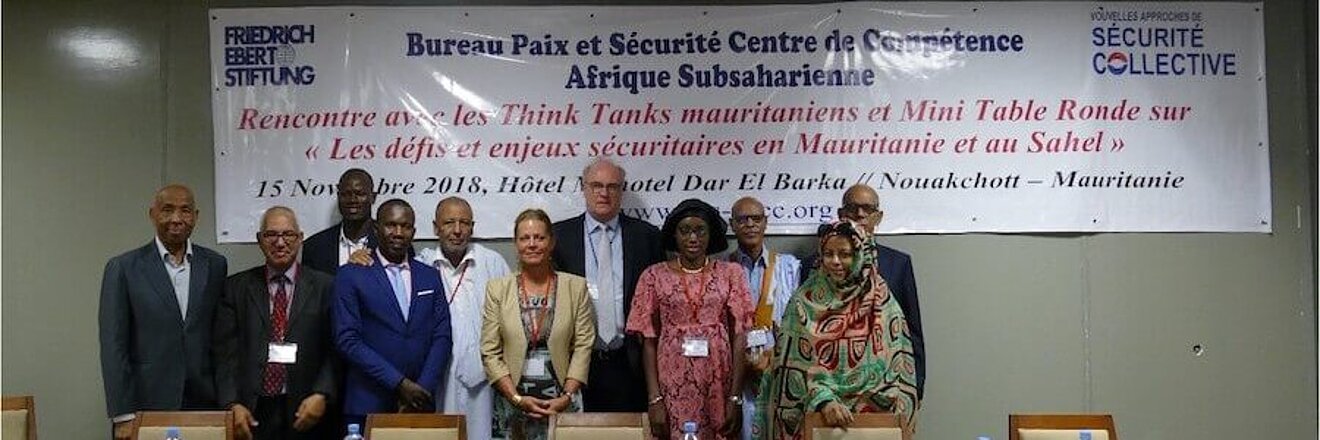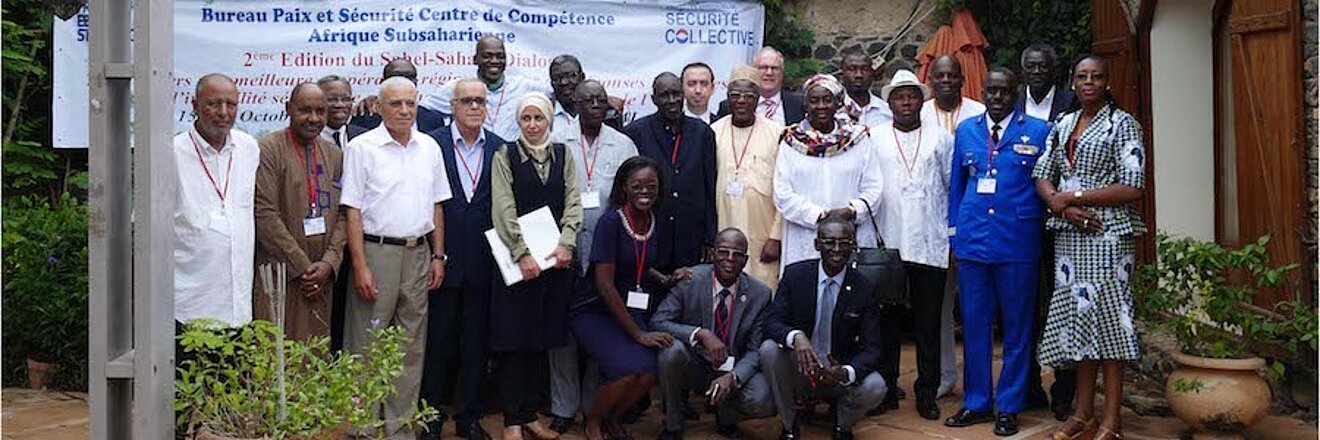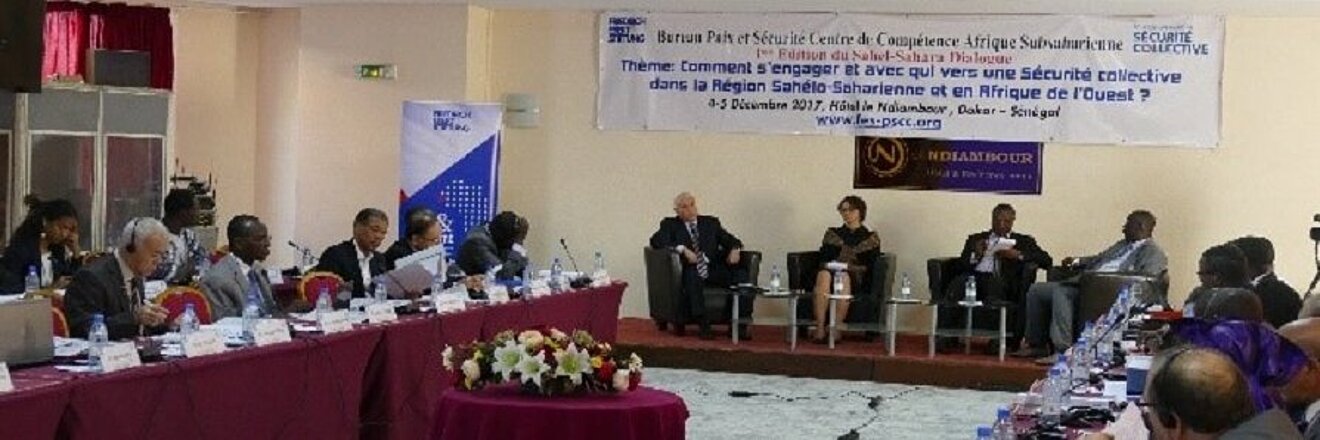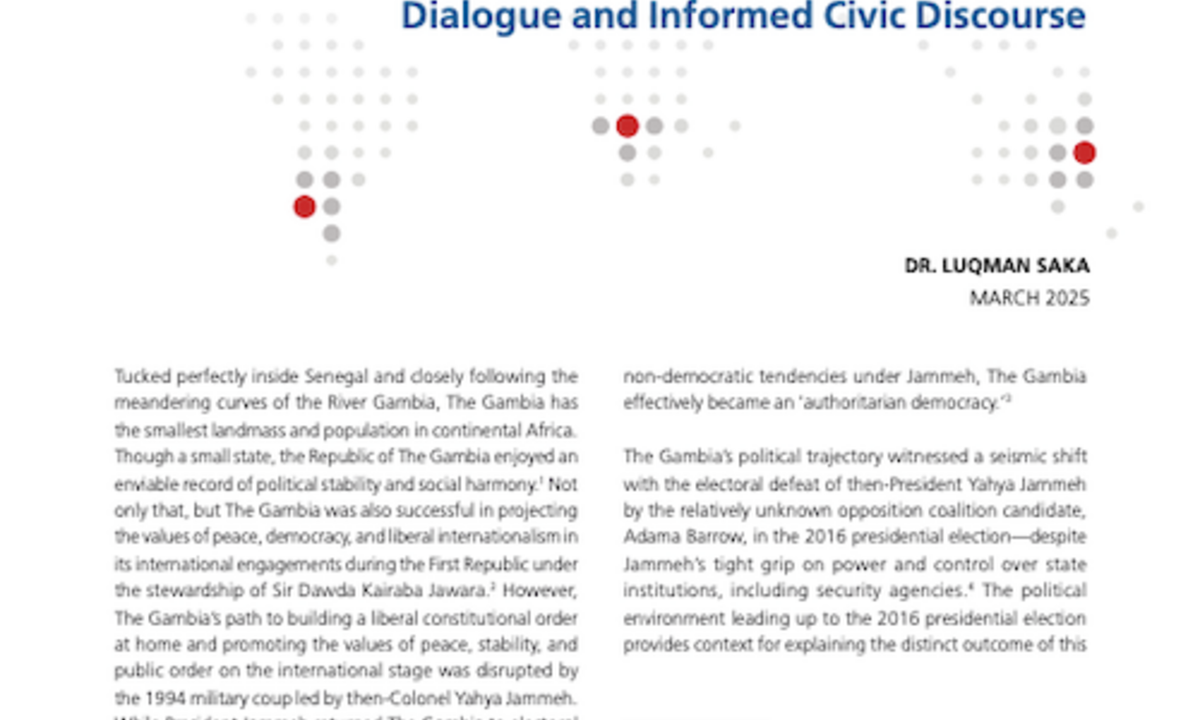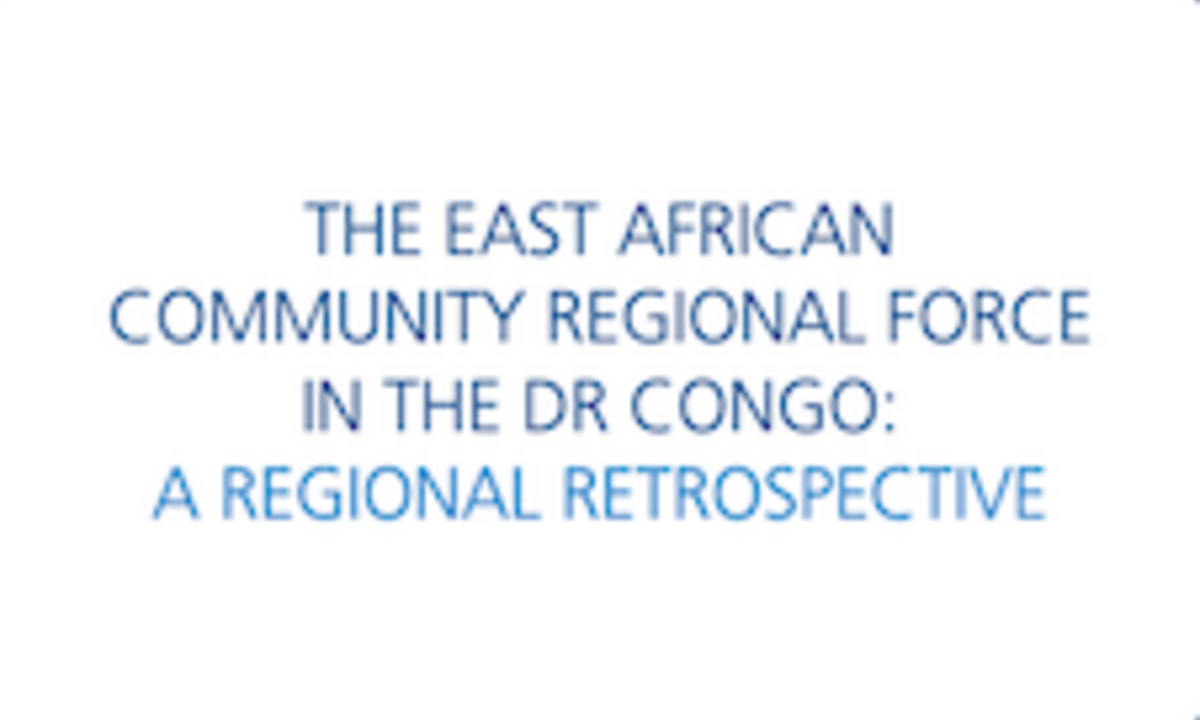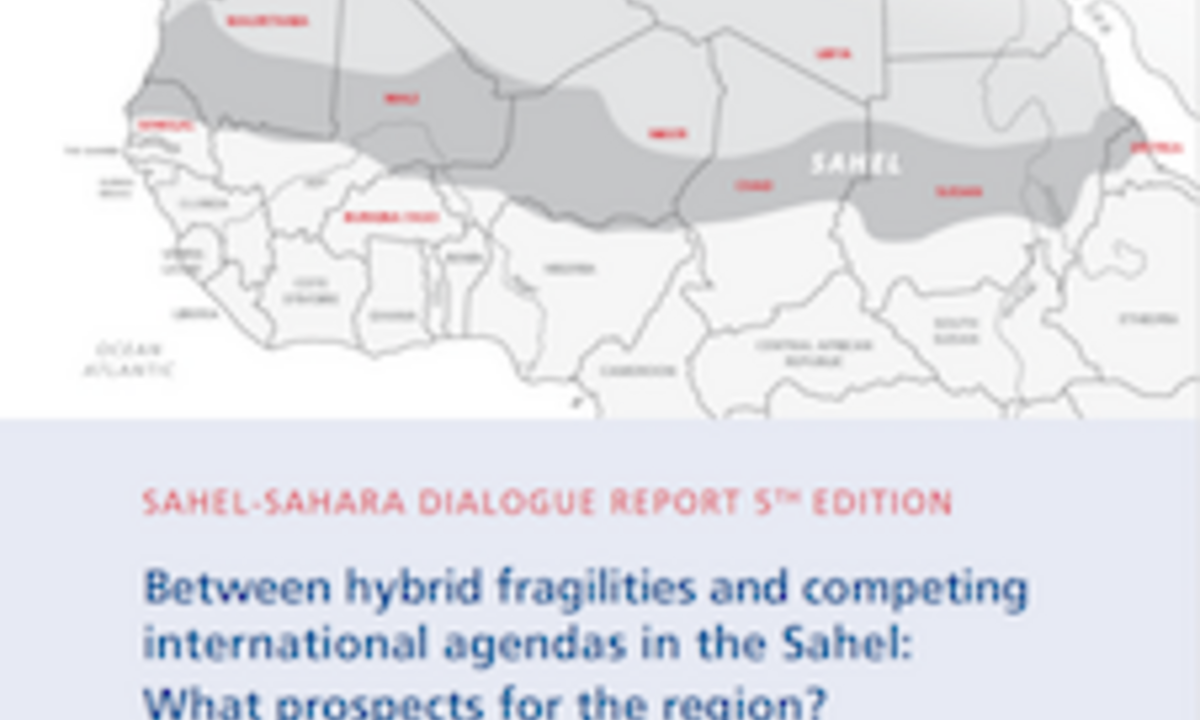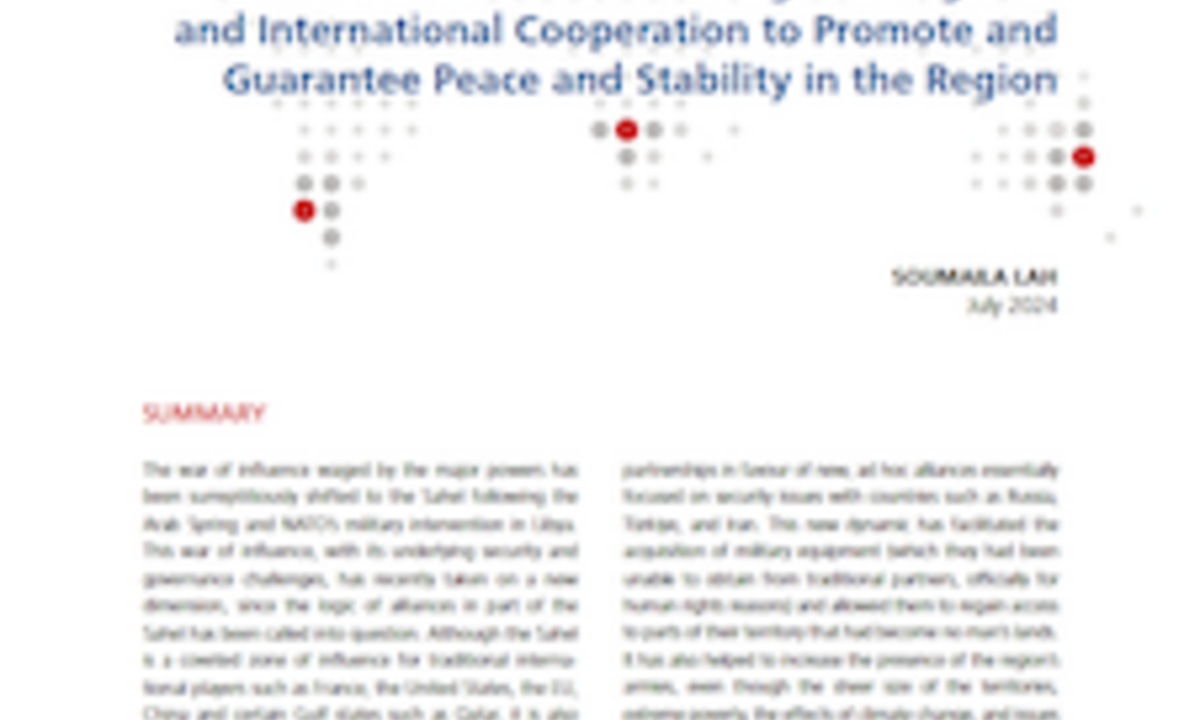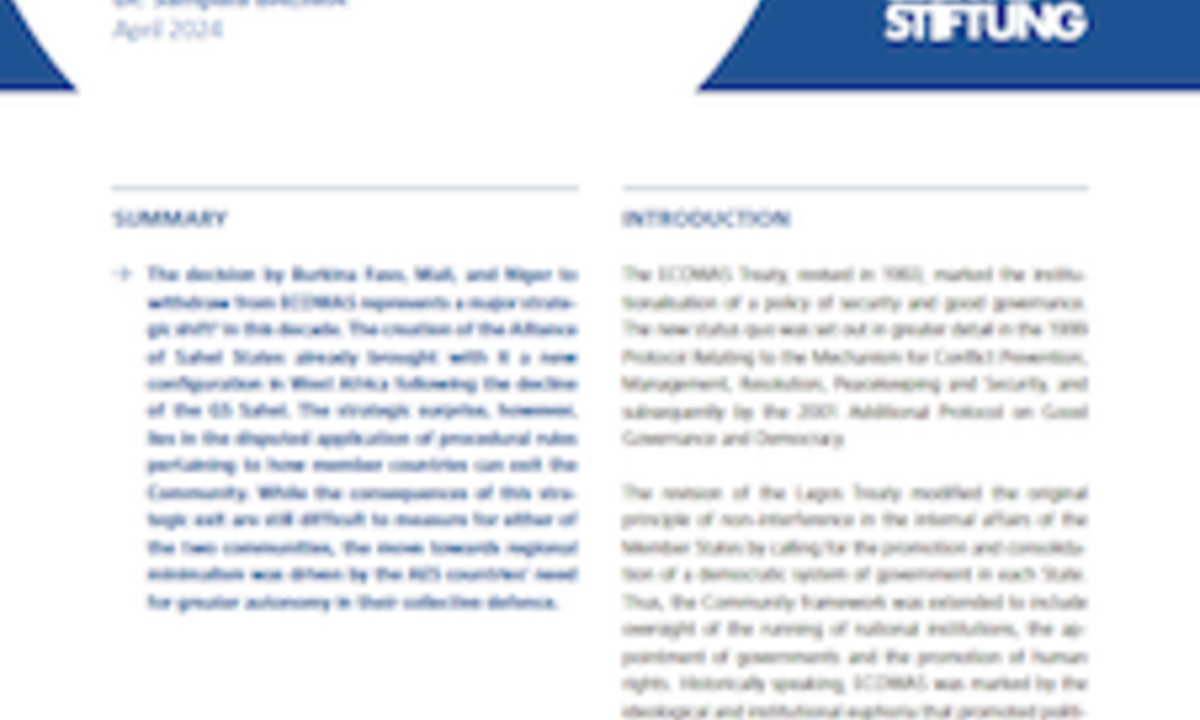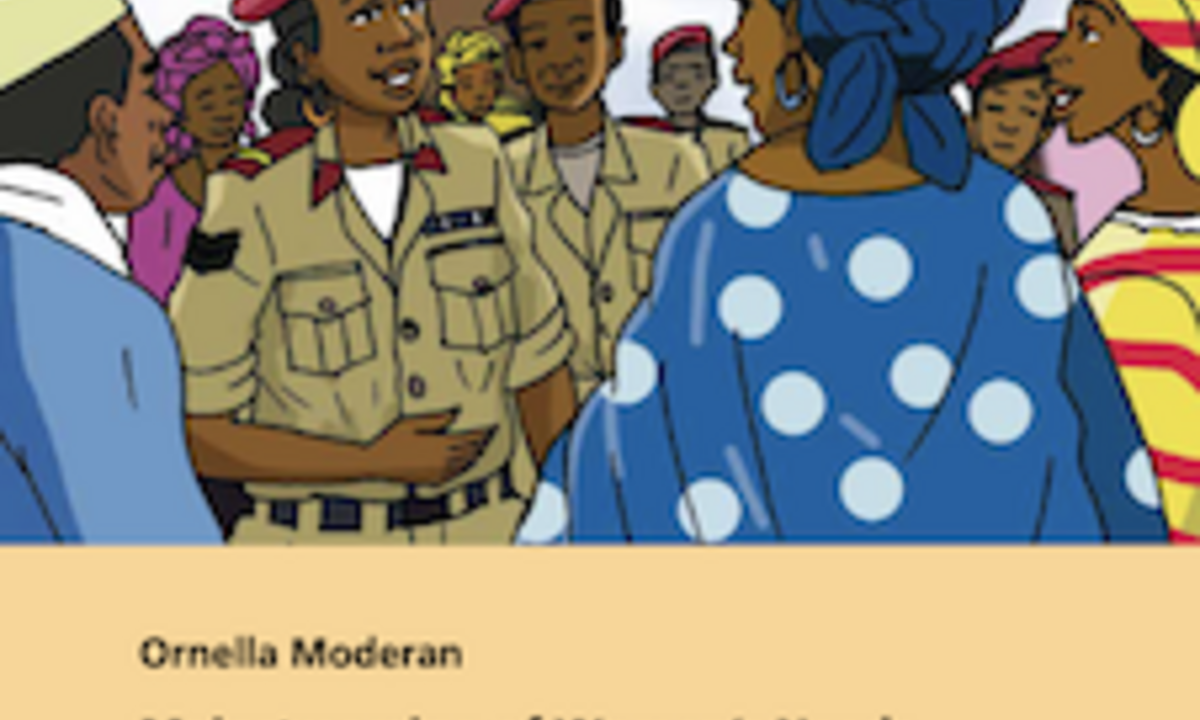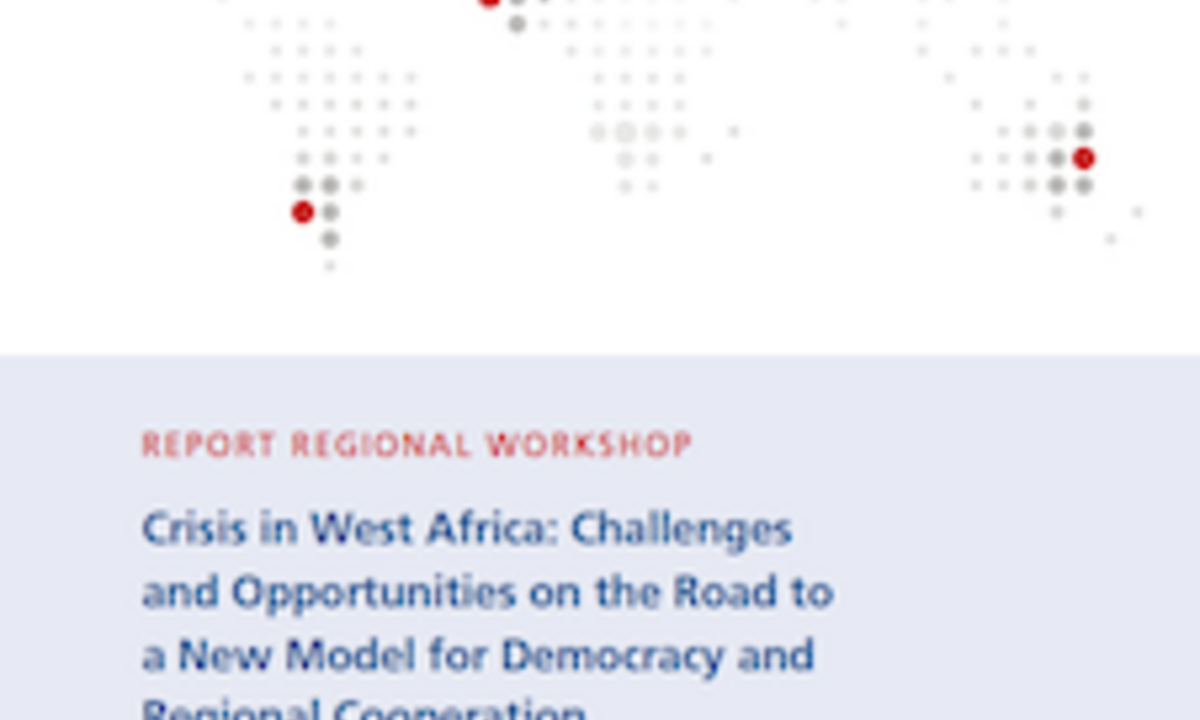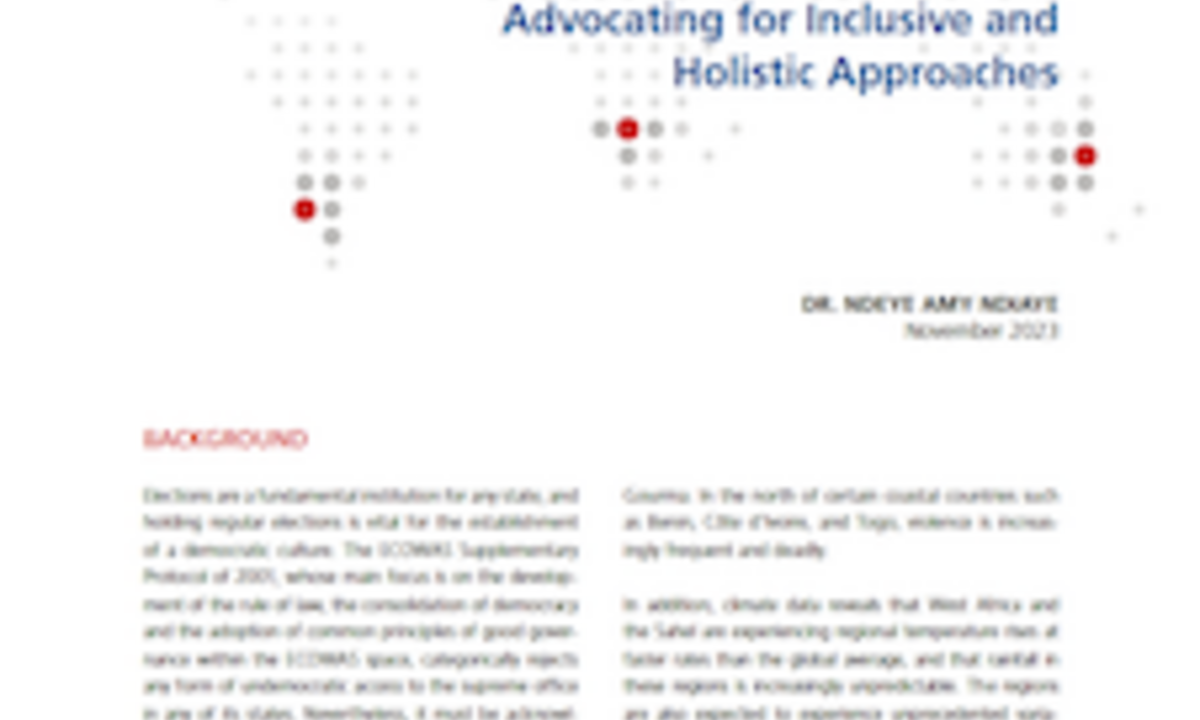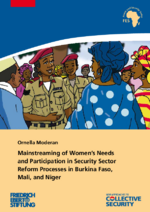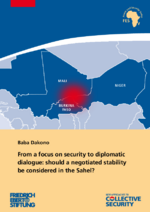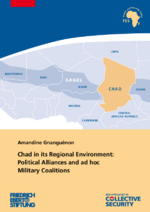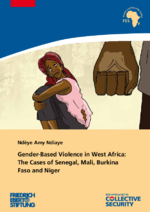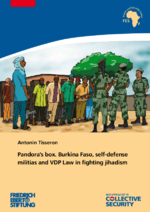Dialogues about Security Challenges in the Sahelo-Saharan Region
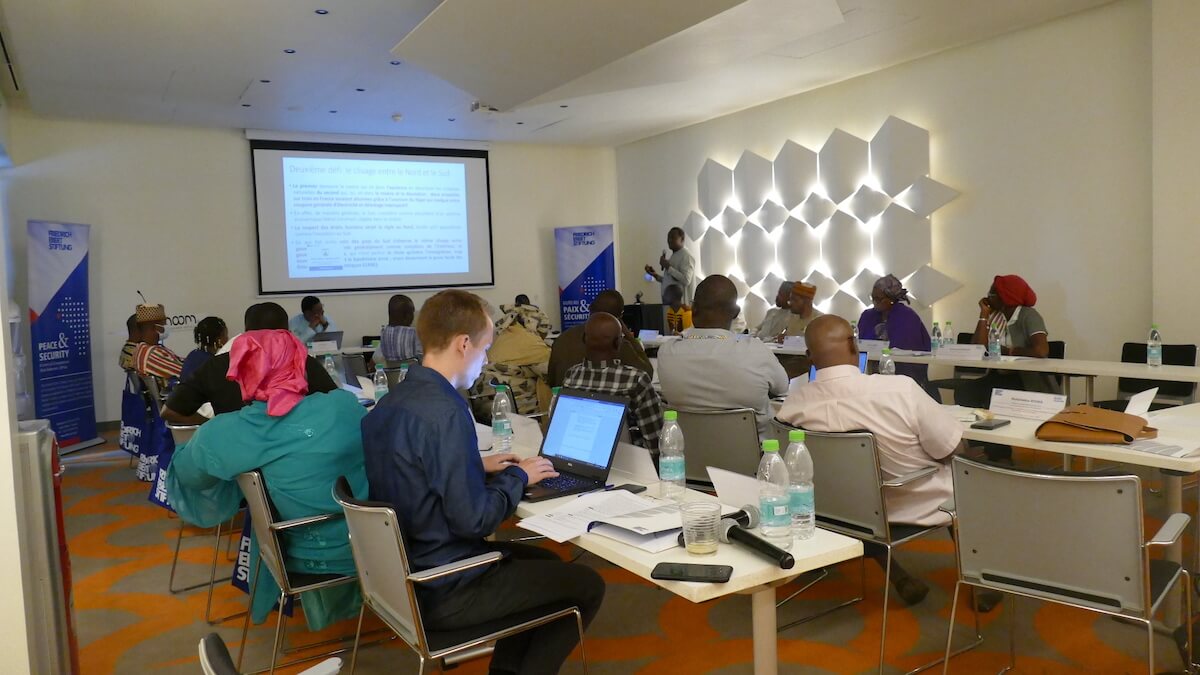
What is the idea behind this project?
Drawing on the lessons learned from the recurrence of crises and the persistence of conflicts in the sub-region due to the inability of states to establish lasting stability and security, the Friedrich-Ebert-Stiftung has initiated a project entitled "Security Dialogues in the Sahel-Sahara region: Rethinking the Security in the sub-region" promoting national and sub-regional dialogue on hybrid and cross-border security issues and challenges as well as the interdependencies between North and West Africa.
Most of the countries in the Sahel-Sahara region are facing political, economic, social and environmental difficulties. Material weakness of the State and failing governance, difficulties to control national territory, the porosity of borders and the increasing presence of gray areas are the underlying tensions. In addition, their economies are fragile, despite substantial natural resources, being poorly industrialized and since they suffer from weak foreign direct investments and the adverse impacts of climate change.
Beyond national peculiarities, the countries are experiencing shared and dynamic challenges and threats to security in the face of which regional actors must adopt more appropriate innovative holistic strategies. Threats are cross-border and non-state actors are multiplying and benefiting from the fragility of border areas. In Mali and Burkina Faso, for example, large territories are occupied by extremist groups while the political systems suffer from military coups and periods of constitutional transitions with uncertain outcomes (to a lesser extent in Chad). Similarly, the intensification of cultural identities on the domestic front threatens to undermine feelings of national belonging, gradually culminating in internal conflicts.
Threats and challenges to human security are interrelated and require synergy of strategies at the national, regional and international levels to promote sustainable stability and development in the Sahelo-Saharan region. Unfortunately, security cooperation in the Sahel is hampered by geostrategic rivalries and divergent perspectives on how to achieve such regional security.
The project aims to foster dialogue within the region between representatives from Burkina Faso, Chad, Mali, Mauritania, Niger and Senegal. In light of the expansion of extremist threats and of insecurity towards the neighbouring countries of the Gulf of Guinea, the project "Security Dialogues in the Sahel-Sahara region: Rethinking the Security in the sub-region" will increasingly integrate southern neighbours such as Benin, Côte d'Ivoire, Ghana and Togo into its format.
What is the project approach?
- The first phase of the project developed 10 country studies (six from the Sahel and four from the Maghreb) in order to allow a cross-examination between the different countries and to identify the major common challenges and issues.
- The second stage of the project set up national and joint expert workshops, regional conferences and scientific publications to disseminate, promote and engage expert recommendations in the political process of countries as well as to political partners in the sub-region (EU, AU, G5, ECOWAS, UMA).
- Most importantly, the "Sahel-Sahara Dialogue" conference was established as an annual platform bringing together representatives of the States, defense and security forces, civil society, media, academia and regional organizations. Acknowledging the spreading insecurity and extremist threats to neighbouring countries, the "Sahara Sahel Dialogue" seeks to strengthen dialogue between Sahel States, between the Sahel and Maghreb States, and since 2023 between the Sahel and the Gulf of Guinea States.
- Ultimately, through dialogue, human security as a concept is fostered in the region in order to broaden security responses beyond purely military approaches.
Related Events and Publications
Events
Publications & Studies
Friedrich-Ebert-Stiftung
Peace and Security Centre of Competence Sub-Saharan Africa
Villa Ebert
Avenue des Ambassadeurs
Fann Résidence
25516 Dakar-Fann
Sénégal
